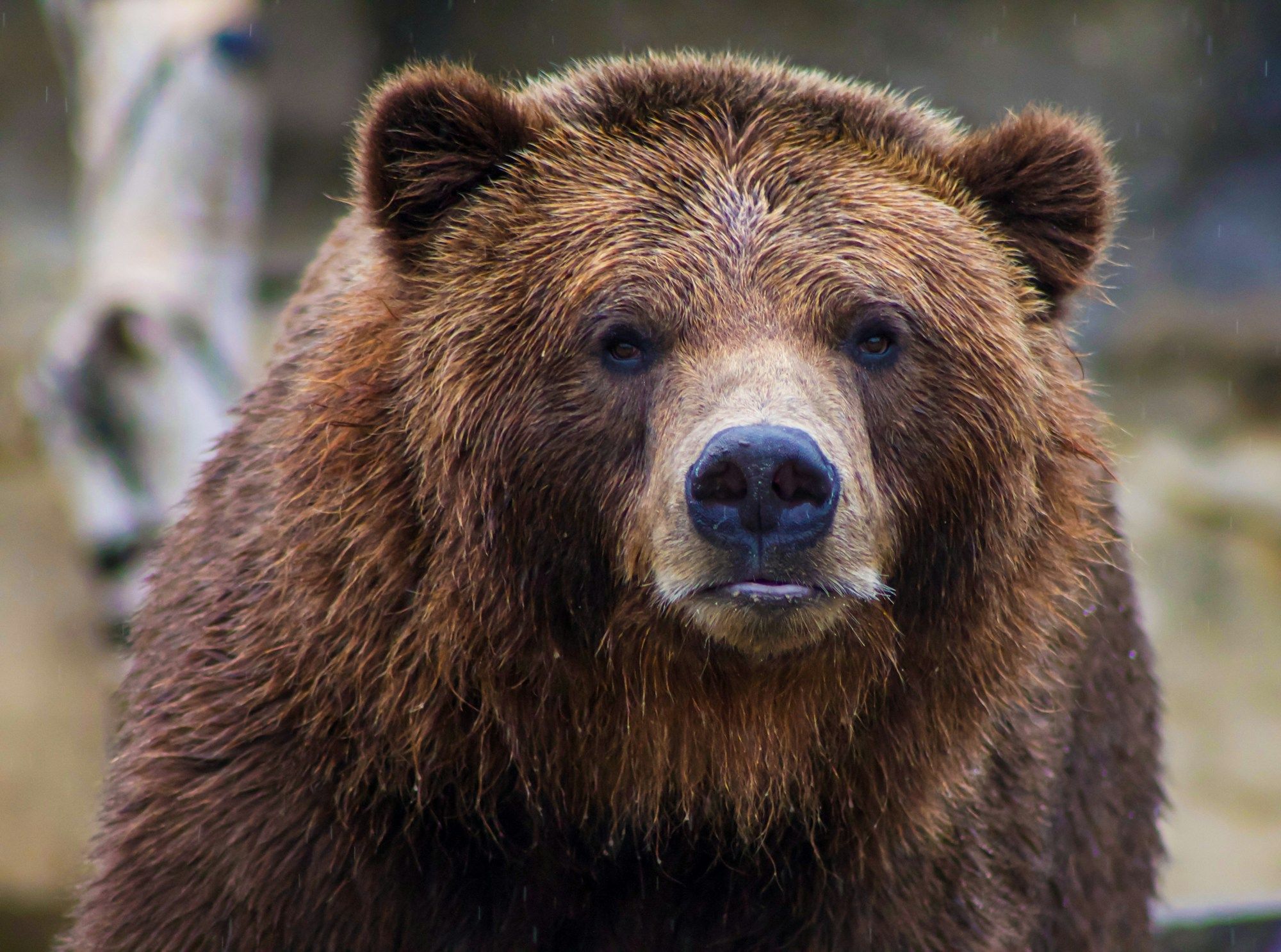World Bear Day

It’s a big day for bears on the 23rd March, because it’s World Bear Day!
Species of bear are…..(and bear in mind that there are subspecies of bear too)...
- Polar Bear in the Arctic Canada, Greenland, Norway, Russia , Alaska – check out Polar Bears International to find out about polar bear and sea ice conservation
- Giant Pandas live in China’s rainforests of the mountainous regions and there are some breeding centres in China, too. Pandas International is a US based charity which raises funds and awareness for pandas
- The sun bear in south east Asia
- North American black bear (many US states, Canada and north Mexico)
- Asiatic black bear (countries such as Bhutan, Cambodia, Korea, Laos, Myanmar, Nepal, Pakistan, the Russian Federation, Taiwan, Thailand and Vietnam)
- Brown bears are in the forests and mountains of North American, European and Asian forests and mountains
- Sloth bears are in Sri Lanka, India, Bhutan and Nepal
- Andean/spectacled bear in the Andean cloud forests (countries include Bolivia, Chile, Colombia, Ecuador and Peru).
Andean bears.... there's news!
Paddington Bear came from Peru, of course, so when you think of Paddington Bear, you’ve got an Andean Bear. Chester Zoo's Andean Carnivore Conservation Programe initiative has installed trap cameras since 2017 in the Tarija department forest areas. In 2023, members of a thriving bear community playing or walking among the trees were seen, so the hope is that their numbers are recovering.
Bears are threatened by human actions and choices:
Habitat Loss
Bears' habitat is being lost, as human development sprawls into their territory, with the spread of towns, people and all the infrastructure that people need and want – charities such as Vital Ground in the US work to help conserve bear territory and make sure there are wildlife corridors so that the bears and other wildlife can move safely around
Conflict with people
As people move into bear territory or build access through it, so bears and people are more likely to come into conflict. In some areas, polar bears coming into town to find dinner are being put into polar bear jail, and then airlifted back to where they should be. Some areas are building wildlife corridors such as bridges for wildlife over roads. Solutions are being thought of and action taken.
Entertainment and captivity.
Free the Bears has just been called to rescue 16 endangered sun bear cubs in Laos after an illegal wildlife trafficker was arrested with them. Bears are sadly kept to “entertain” tourists, some of whom just don’t think about the impact what they are witnessing is having on the animals, or they can be taken for their bile. Charities are working to educate people on this front, both locals and tourists, and trying to persuade them to change their behaviour.
Animals Asia operate bear sanctuaries in China and Vietnam. Bears are rehabililtated at these sanctuaries and the bear teams can gather evidence of the effects of bile extraction. And Animals Asia are helping people in the area too, with over 250 people employed in areas such as bear care, horticulture, food preparation and security, and employing several hundred directly through services and construction.
23th March 2024
Wildwood Trust have the end of hibernation celebrations on Saturday 23rd at 11:30 in Kent. Bears Fluff and Scruff are hungry after hibernation and will soon be ready to explore their enclosure once again and be reunited with Boki!
13th April 2024
It's time for a Night in a Cage – a big fundraiser for Free the Bears! You could sponsor a team taking part (e.g. Team Australia, Team Laos, Team UK) or do a fundraiser yourself or just donate.
15th July 2024
It's Arctic Sea Ice Day, when Polar Bears International aim to draw attention to the rapidly melting Arctic ecosystem, why it matters and what we can do to help.
Working with Government officials and partner organisations International Animal Rescue, One Voice, Free The Bears, and others, Wildlife SOS could rescue and rehabilitate over 620 dancing bears. They were taken off the streets and given a home in 4 natural sanctuaries across India. And Wildlife SOS gave alternative livelihood to the community who had depended on the bears for survival, and provided education to over 5000 kalandar children. Over 3000 families - they have alternative livelihoods to support their families. Find out more here.
Comments